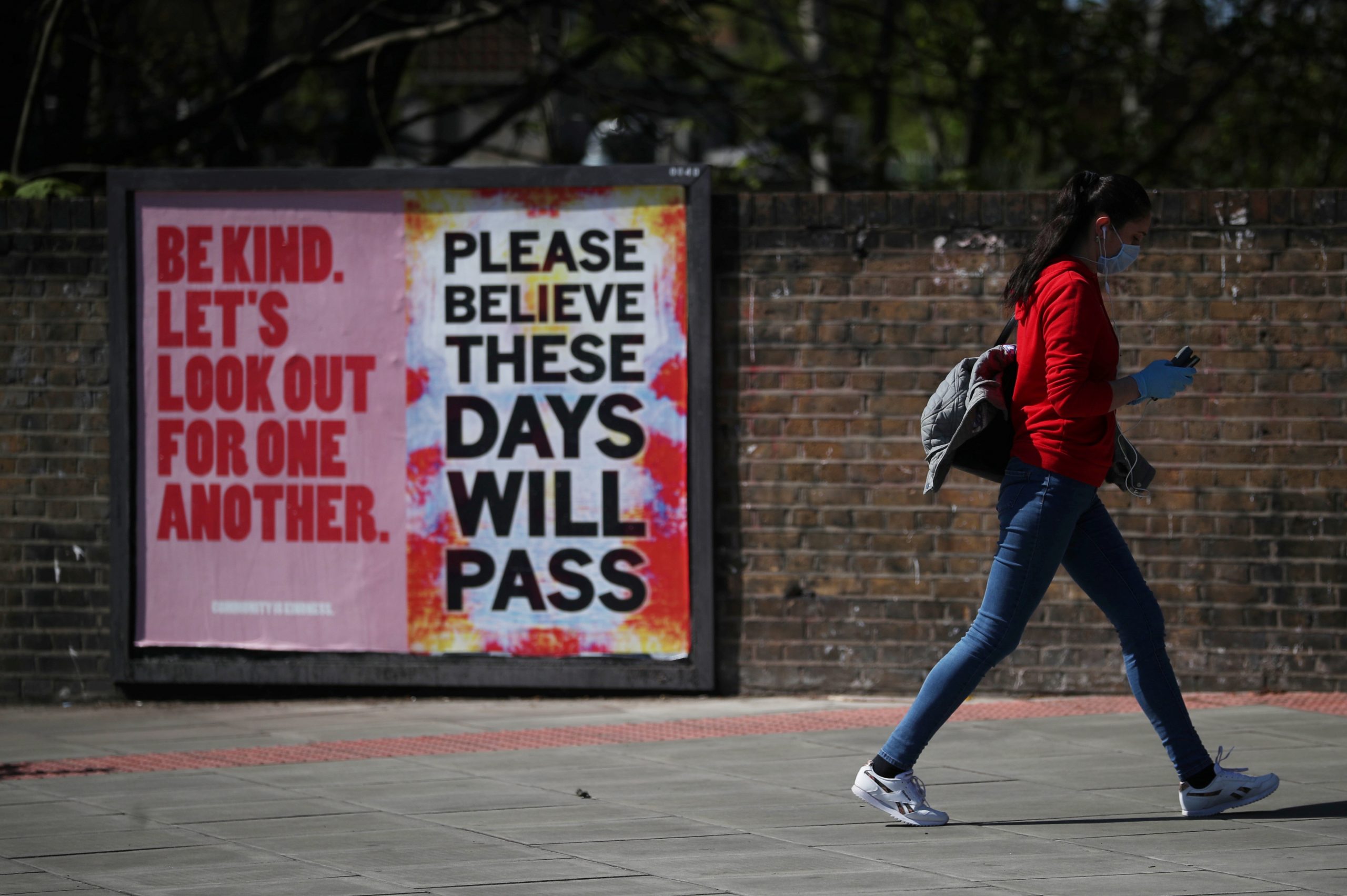
By: AswathyP
By Sabu S Padmadas
Professor of Demography and Global Health
University of Southampton

WE LIVE in anxious and uncertain times. Every day we get updates on the numbers of people who have contracted and succumbed to Covid-19, this 21st century killer disease.
Yet we should put this into context. Every year, approximately 530,000 people die in England and Wales. Of these, about 75,000 succumb to chronic lower respiratory infections, influenza and pneumonia. About half of respiratory related deaths occur during the winter months. Although we do not have accurate data on influenza mortality, Public Health England estimates show, on average, that 21,000 die annually from the common seasonal flu virus. This is highly likely to be underestimated. Globally, influenza-related respiratory deaths vary each year between 290,000 and 650,000.
So, why should we be concerned? Covid-19 is a highly contagious, novel strain of severe acute respiratory syndrome (SARS) coronavirus. It is spreading rapidly across the globe, and the virus is susceptible to genetic mutation as it is transmitted to a new host. So far, we do not have any effective antiviral or immunomodulatory therapies for treating Covid-19 patients.
To date, the UK has tested 334,974 individuals, of whom 78,991 tested positive, and has recorded over 10,000 deaths. The data available so far implies a one-in-five infection rate, which appears to be the tip of a gigantic iceberg. We do not know the actual number of the population infected, nor deaths among untested Covid-19 positive cases. The overall crude mortality rate could be as high as between 10 and 20 per cent, depending on reference dates and post-mortem tests. Nonetheless, the virus is predicted to grow at an unprecedented rate over the next few weeks, increasing the disease and mortality burden in both UK and rest of the world.
While the majority of those who develop severe complications or die of Covid-19 are older people with underlying health conditions, recent data show that non-elderly populations are also vulnerable. More generally, frontline health workers –especially doctors and nurses, paramedics, and others involved in providing essential services – are at significantly elevated risk of contracting the virus.
Equally concerning is the increased risk among ethnic minorities, including south Asians, who have different diet and lifestyle behaviours, cultural practices and wider family networks than the general population. One in five UK NHS staff are from ethnic minority backgrounds, and of these, 50 per cent are of south Asian origin. Non-communicable and chronic diseases are also highly prevalent among ethnic communities. A high burden of cancers, chronic obstructive pulmonary diseases, cardiovascular diseases and conditions such as diabetes, hypertension and cholesterol levels intensify the infection risks and need for critical care.
The evidence so far highlights that one in three Covid-19 patients are from ethnic minority groups, which needs urgent attention. We do not have any systematic evidence to conclude whether ethnic communities of first or second generation, with previous exposure to bacterial, viral and parasitic infections such as tuberculosis and malaria, have a better immune response against coronavirus.
Given the global surge in coronavirus cases, the UK is left with no choice but to increase the coverage of targeted and random testing across the country, at least until late summer this year. The testing protocols should be reviewed and revised frequently to increase the population coverage and representation of high-risk groups.
We cannot let up on the lockdown measures in the UK. Interventions have already shown positive results in terms of not only reducing the disease spread, but also easing the burden on healthcare resources. We need to continue to educate people about social distancing and self-isolating. Further, we need to be aware of the economic and emotional support required as families and individuals lose their jobs or businesses, as well as help the elderly living alone in private accommodation.
We also need to share experiences and learn from each other. Kerala, a demographically advanced and densely populated state in south India with roughly half the size of the UK population, offers an excellent example to responding early and containing the spread of Covid-19. Without any massive testing, such as in South Korea, the state proactively took steps to coordinate effective law enforcement, provision of essential services, public health promotion and lockdown measures.
We need to continue to be careful. Without being alarmist, in the absence of these interventions, most health systems are likely to exceed their threshold capacity or even collapse abruptly, and that includes our publicly funded NHS. Also, relaxing or even revoking the lockdown early without a firmer evidence base could trigger another wave of infections, and spur long-term catastrophic damage to national and global economies.
Economically developed countries should extend unconditional support to poorer nations at the early stages of Covid-19 to ensure they have the capacity and capability to tackle this pandemic. To continue economic activities will require global level efforts to ensure that no country is left behind in the battle against the virus.
The Covid-19 outbreak is likely to peak around early May in Britain. However, it is critically important to sustain preventive measures, and impose public gathering and travel restrictions until the number of cases start falling towards the other end of the curve. Meanwhile, alongside robust data collection, research and vaccine development, public health surveillance and primary care systems should continue their efforts to systematically monitor seasonal flu outbreaks at least until the end of the next winter season. A second or even third wave of Covid-19 cannot be ruled out. Given the scale and extent of the outbreak, the virus has the potential to become endemic in our physical environment.
We are faced with an unprecedented battle against Covid-19. And the strategy is simple – when the enemy in the war is not known, it is better to be safe than sorry.
